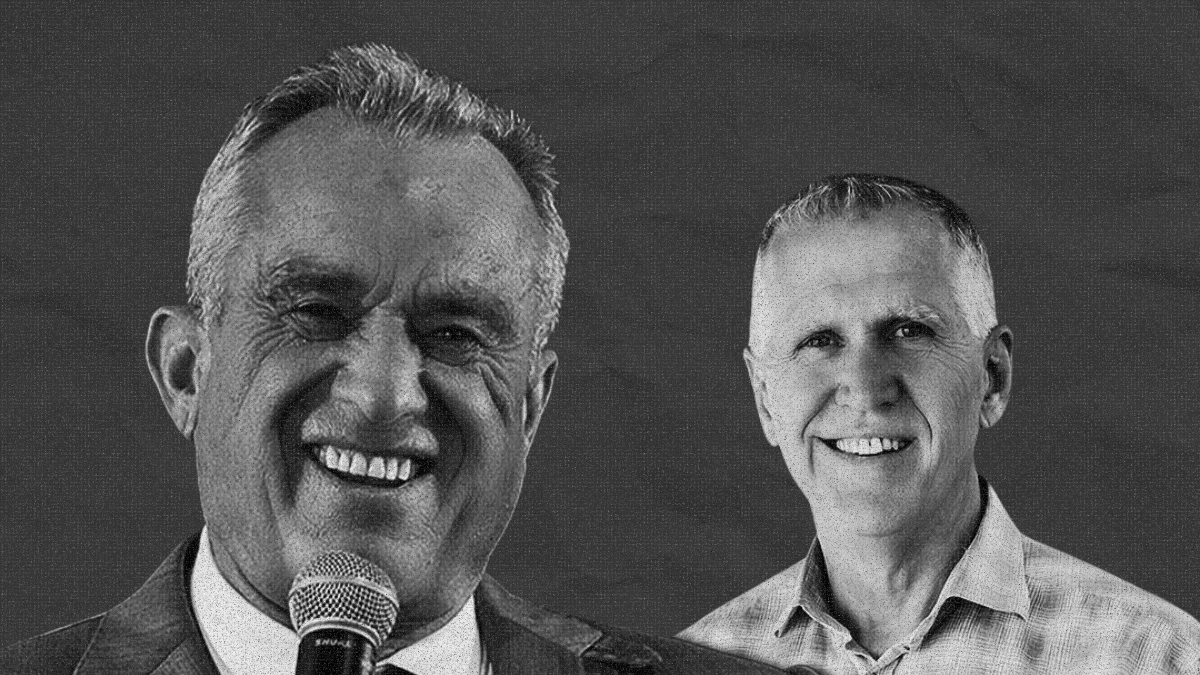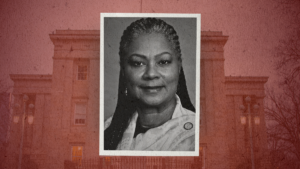Thom Tillis ignored Robert F. Kennedy Jr.’s extensive and well-documented history of promoting anti-vaccine conspiracy theories, as well as pleas from doctors in his home state when he voted to confirm RFK Jr. to be the Secretary of Health and Human Services.
Earlier this year, over 400 doctors from North Carolina joined a national effort urging U.S. Senators to reject the nomination of RFK Jr. as U.S. Secretary of Health and Human Services, citing the risks of his anti-vaccine beliefs and his history of promoting anti-vaccine conspiracy theories. Kennedy has benefited financially from promoting his anti-vaccine views and was even connected to a 2019 outbreak of measles in Samoa that killed 83 people, mostly children.
The doctors specifically urged U.S. Senator Thom Tillis of North Carolina, a member of the Senate Finance Committee, to oppose Kennedy’s nomination, and he initially seemed to be a potential “no” vote.
Unfortunately, it was after that meeting in the Senate Finance Committee that Tillis decided to fully back RFK Jr.’s nomination, declaring that he hopes RFK Jr. “goes wild” at HHS.
Democrats voiced strong objections to Kennedy’s nomination, citing concerns about his qualifications and potential impact on public health. Sen. Raphael Warnock of Georgia said Kennedy is “manifestly unqualified for the job he seeks.” Warnock argued that HHS needs a leader focused on lowering healthcare costs and protecting public health, rather than someone “obsessed in chasing conspiracy theories.”
Despite Kennedy’s extensive history of promoting and profiting off of anti-vaccine conspiracy theories, Tillis said he felt “reassured” by RFK Jr.’s statements that he would not take away vaccines.
The Senate confirmed Kennedy as Secretary of Health and Human Services with a 52-48 vote. Nearly all Republicans backed him despite reservations about his vaccine views. Senate Minority Leader Mitch McConnell, a polio survivor, was the sole Republican to vote against Kennedy, mirroring his opposition to other Trump nominees.
The confirmation places Kennedy in charge of a $1.7 trillion budget, vaccine policies, food safety, and federal health programs serving nearly half the U.S. population. His appointment marks a significant departure from traditional HHS leadership, as he is not a health professional but a lawyer.





